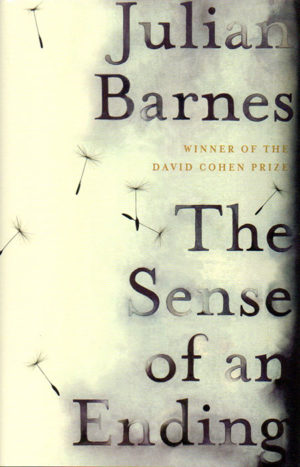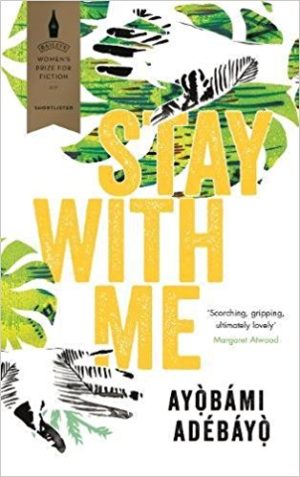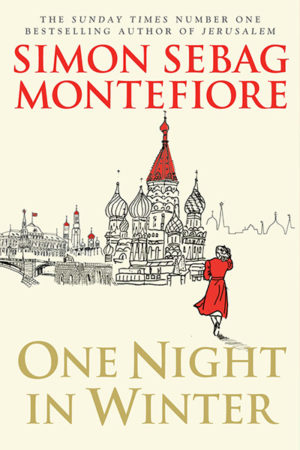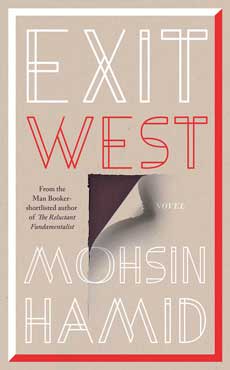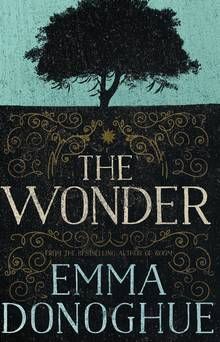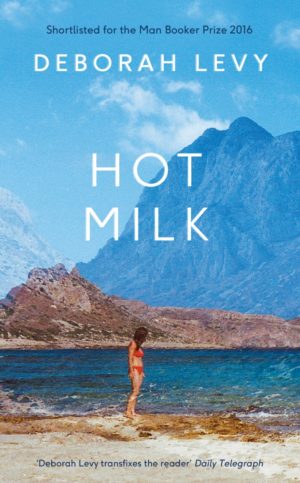Rose and her daughter Sofia arrive in a small Spanish fishing village – a strange, dreamlike place caught between the searing heat of the desert and the mesmerising pull of the sea. They are desperately seeking medical help and salvation. Rose suffers from a mysterious, inexplicable illness, which presents in spontaneous, spasmodic paralysis of her legs and has left her wheelchair bound. Her daughter, Sofia, has spent her life trying to understand her mother’s illness, trapped in an unhealthy co-dependent relationship and forced to act as her bemused carer. The mystery of this undiagnosed illness forms the background of the entire novel. Sofia explains, “I have been sleuthing my mother’s symptoms for as long as I can remember. If I see myself as an unwilling detective with a desire for justice, is her illness an unresolved crime? If so, who is the villain and who is the victim?”
Read full Review
